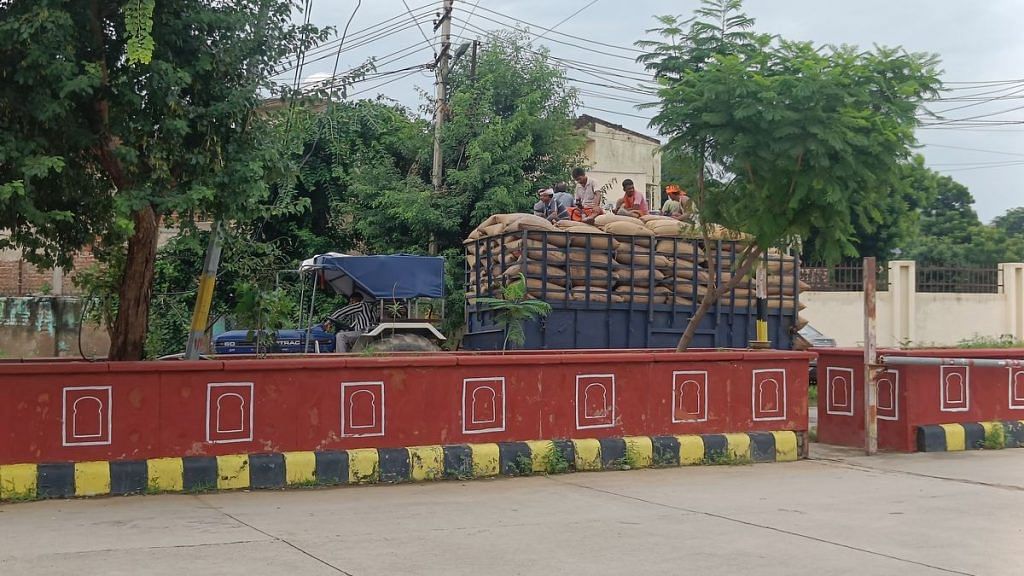The creation of 17 new districts in Rajasthan, aimed at decentralizing governance, has turned into a logistical nightmare and a political battleground. Many villagers are still required to travel back to their original districts for essential services like land records and licenses. The situation is particularly challenging in Khairthal-Tijara, where most officials are temporarily assigned from Alwar, leading to significant staffing issues. A review committee, led by retired IAS officer Lalit K Panwar, suggested potential changes, but no concrete actions have been taken by the government. The process has sparked frustration among residents, with political leaders blaming each other while people continue to face inadequate public services and infrastructure.
In Rajasthan, the creation of 17 new districts aimed at improving local governance has turned into a logistical nightmare and a political controversy. Residents in these newly formed areas still find themselves traveling back to their former districts for essential services like land records and driver’s licenses, raising questions about the effectiveness of the initiative. Politicians are currently embroiled in blame games, leaving everyday life complicated for residents like Ashwini Kumar from Tijara, who expressed frustration at the lack of local services.
After the BJP came to power, a cabinet committee was established to evaluate the new districts, but as of now, little action has been taken. The Panwar Committee’s findings, intended to assess the viability of these districts, remain unpublished, and political bickering between the BJP and Congress continues over the speed and practicality of the changes.
Local officials face challenges, with many positions remaining unfilled and resources stretched thin. For example, the Superintendent of Police in Khairthal reported that they operate with only 40-60% of the necessary staff, complicating law enforcement efforts. This situation reflects a broader issue across all 17 new districts; vital services remain scattered, and many government offices are still operating out of their parent districts like Alwar.
Even with a significant financial investment of around Rs 20,000 crore into establishing these districts, the lack of proper infrastructure and trained personnel puts the future of these administrative areas in jeopardy. The local demand for functional governance remains unmet, with many residents questioning the purpose of the new districts if they still rely on the administrative systems of the old ones.
As the Rajasthan government deliberates over the future of these districts, local communities hope for actionable solutions that will simplify access to essential services, reduce bureaucracy, and improve quality of life.
- What is happening with the new districts in Rajasthan?
The new districts have been created to improve administration, but they are facing issues like lack of proper roads and facilities.
- Why is there logistical chaos in these new districts?
The chaos is due to the sudden changes in administration, which has led to confusion in transportation and delivery of services.
- What kind of infrastructure is lacking in these areas?
These areas often lack basic facilities like good roads, schools, and hospitals, making it hard for people to access services they need.
- How is the government addressing these problems?
The government is working on plans to improve the infrastructure, but it will take time to see results.
- What should people in these new districts do for now?
For now, people should be patient and try to use local resources as much as they can while waiting for improvements to happen.






